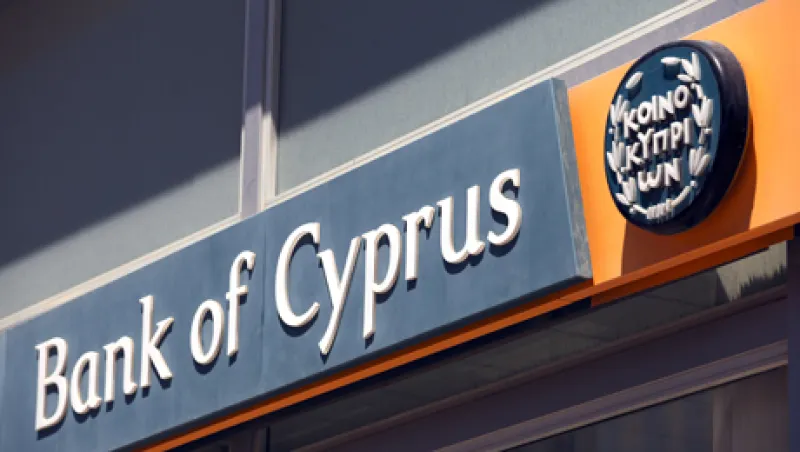
Markets Watch Europe Warily as Cyprus Formulates Depositor Tax
Markets were rattled over the Cypriot banking crisis, which has focused attention on the lack of a deposit guarantee scheme for the euro zone.
Charles Wallace
March 18, 2013


